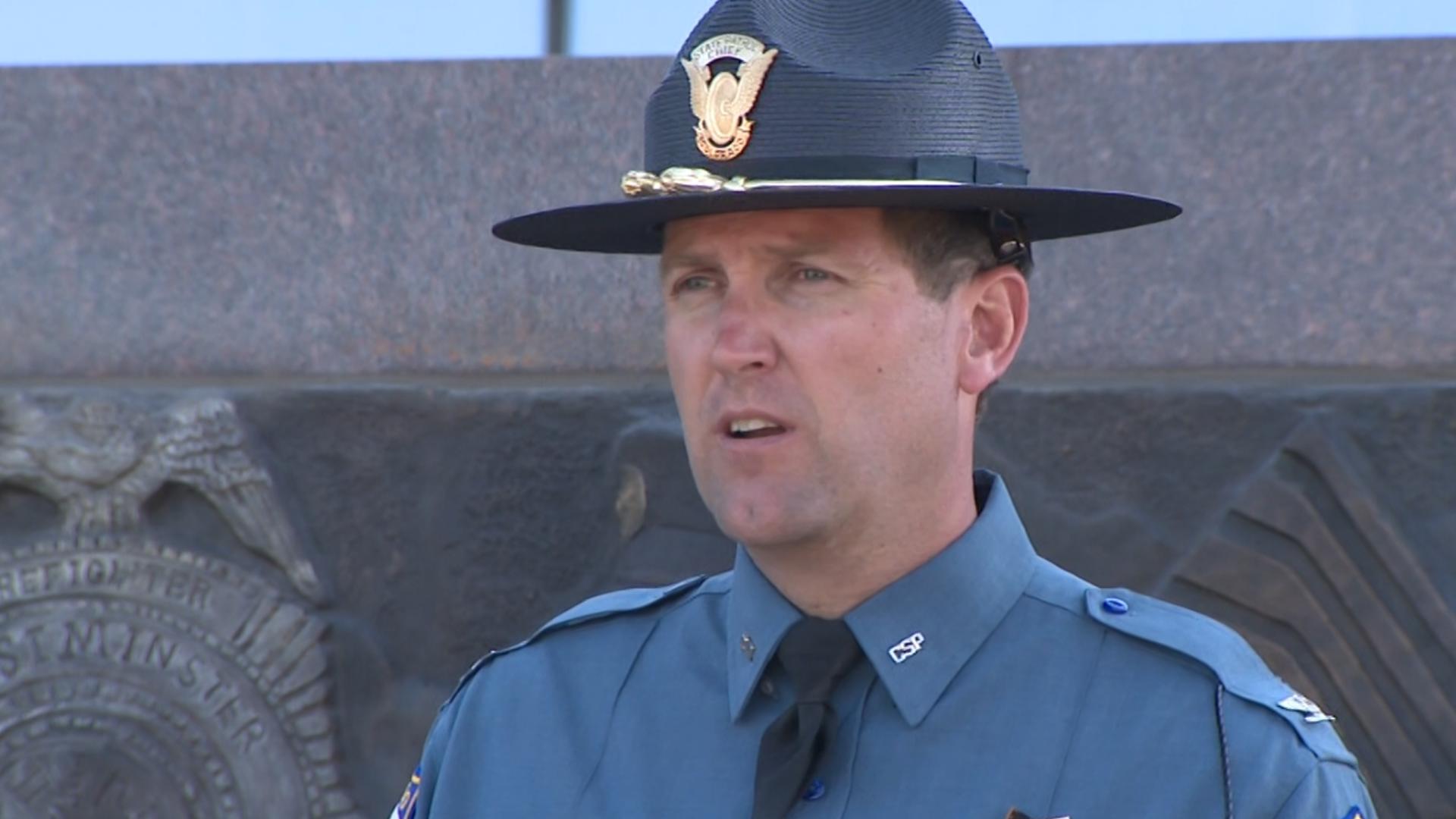The ban went into effect in November and was to have remained in place pending a National Park Service environmental impact study. The study was not expected to be completed and a park service decision issued until late summer.
The watercraft now will be allowed on the lake in the Glen Canyon National Recreation Area through Sept. 30, unless the park service decision comes down sooner.
The ban had been a result of a settlement between the National Park Service and an environmental group, the Bluewater Network, based in San Francisco.
That settlement was challenged a month ago in a suit brought by a coalition of recreational groups and lake-area businesses, called the BlueRibbon Coalition.
It was announced Wednesday that the parties have agreed on allowing limited use of watercraft on the lake this summer.
"This is a great day for the people of Page, Ariz., and for all of those who support fair and reasonable regulation of public access by our government," Tim McDaniels, owner of Doo Powell, a PWC rental business in Page, said in a BlueRibbon statement issued early Thursday.
"Businesses who may not have been able to survive a season of no PWC access on Lake Powell can now keep their doors open and keep their people employed," said Freddie Hancock, owner of Lake Powell Waterworld in Page.
Sean Smith, public lands campaign director for Bluewater Network, said, "In our opinion the EIS (environmental impact statement) is going in the wrong direction, so we are going to give them some more time. We want them to do it right and come to the good conclusion.
"Those areas are remaining closed that have sensitive resources and that's what we agreed to," he said.
A draft of the impact statement had recommended returning personal watercraft to most of the lake.
Under Wednesday's agreement, personal watercraft still will be prohibited in several areas, including from the mouth of the San Juan River to the recreation area boundary, from just south of Knowles Canyon to the Colorado River and below the Glen Canyon Dam to the recreation area boundary.
Park Service officials said the decision to lift the ban has more to do with saving Lake Powell's recreation-dependent economy during the environmental review.
"This has nothing to do with the environmental impact statement at all. This is just a temporary decision to allow us to get through this process," said Glen Canyon National Recreation Area spokeswoman Char Obergh.
The Bluewater Network's suit had challenged the park service allowing personal watercraft on national recreation area lakes, such as Lake Mead and Lake Powell, before first completing adequate environmental review.
Smith said the watercraft "significantly damage air and water quality, visitor enjoyment, public safety, natural soundscapes and wildlife."
Should the Park Service allow a permanent return of personal watercraft to Lake Powell, environmentalists probably would file a second lawsuit.
"We would definitely consider it," Smith said. "And that's what we're looking at at Lake Mead as well."
A decision on Lake Mead announced last month allowed PWC access to 95 percent of the lake.
Meanwhile, the supporters of PWCs are opposing any possible partial ban on personal watercraft on tributaries to the Colorado, Escalante, Dirty Devil and San Juan rivers, which feed Lake Powell.
Wednesday's agreement permits personal watercraft to travel no faster than wakeless speed on the Escalante River from Cow Canyon to Coyote Gulch. Personal watercraft are still prohibited on the water from Coyote Gulch to the Glen Canyon National Recreation Area.
/>

